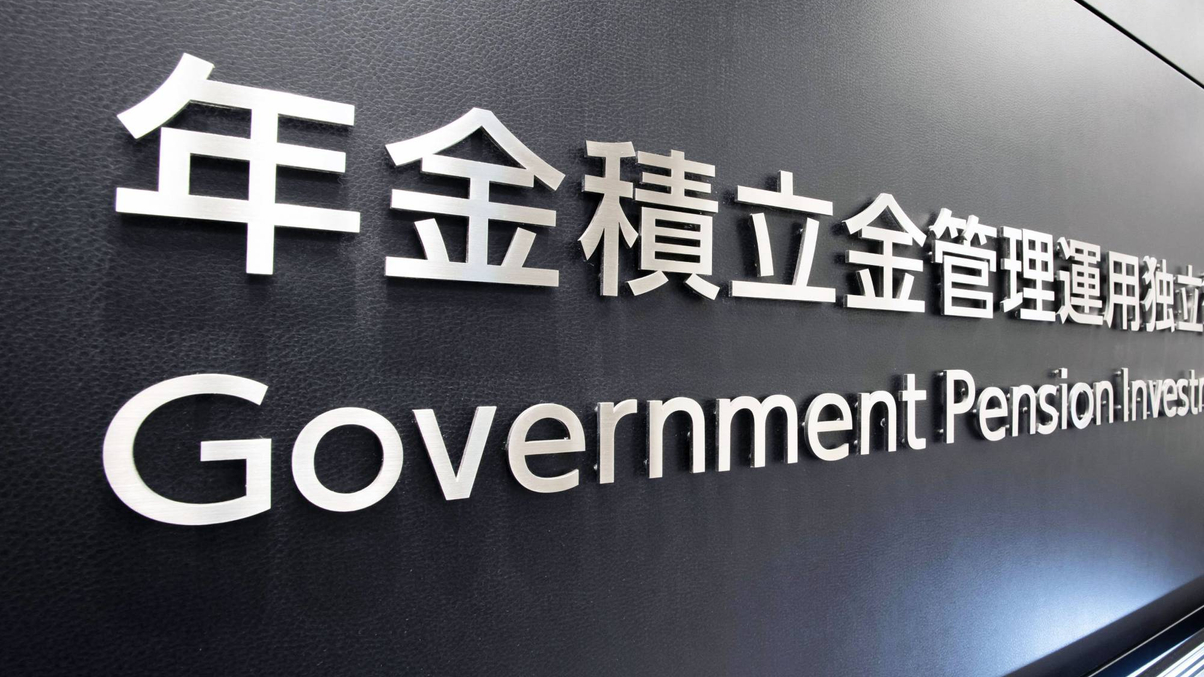Can GPIF maintain its groundbreaking 25% return?
The world’s largest pension fund greatly benefitted from its nearly 50% asset allocation to equities after the global stock rally since April last year.

The global stock rally that coincided with Japan’s Government Pension Investment Fund (GPIF)’s financial year contributed to its record return, but the same is unlikely to happen this year, both the fund and experts say.
Sign in to read on!
Registered users get 2 free articles in 30 days.
Subscribers have full unlimited access to AsianInvestor
Not signed up? New users get 2 free articles per month, plus a 7-day unlimited free trial.
¬ Haymarket Media Limited. All rights reserved.


